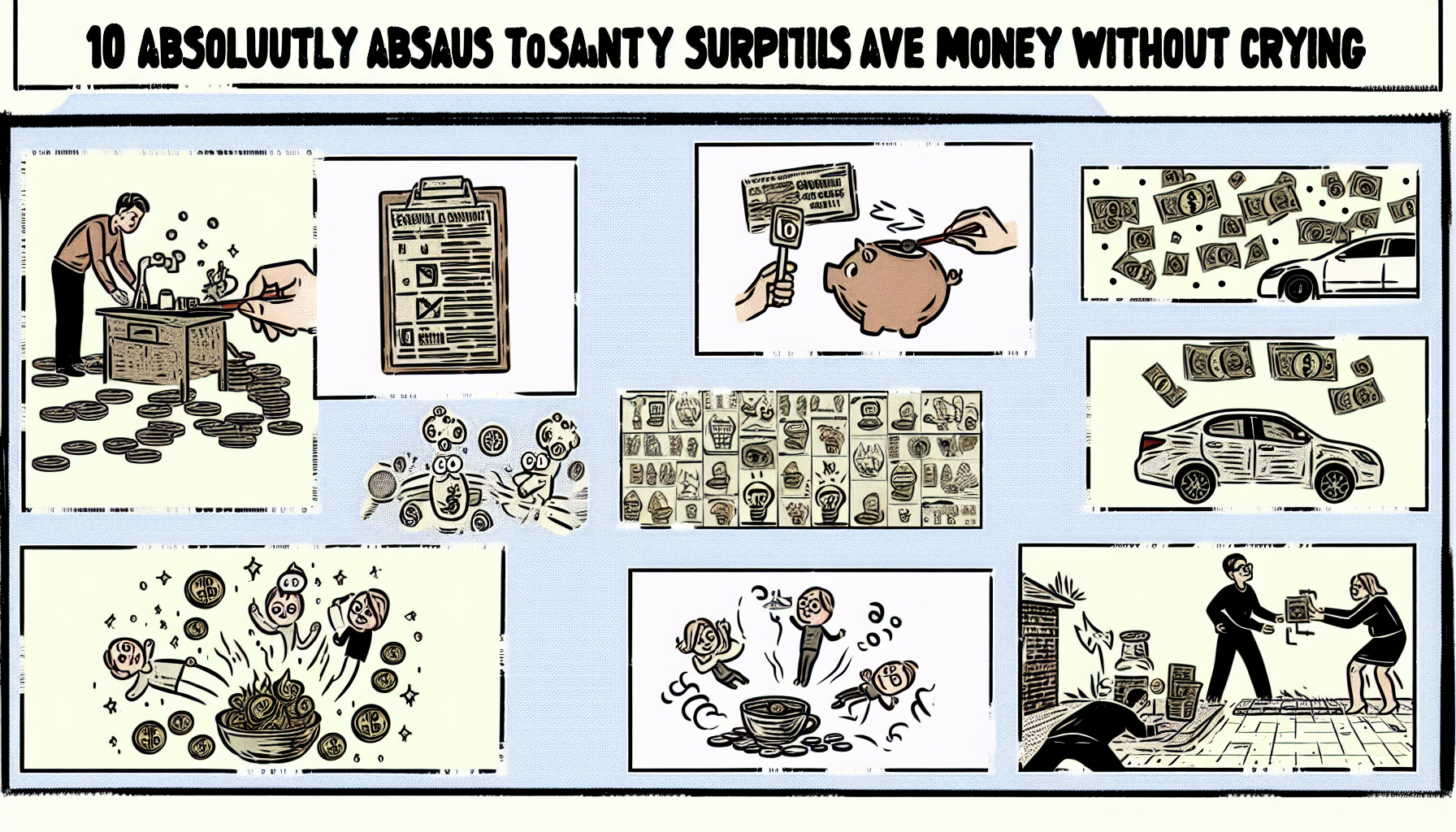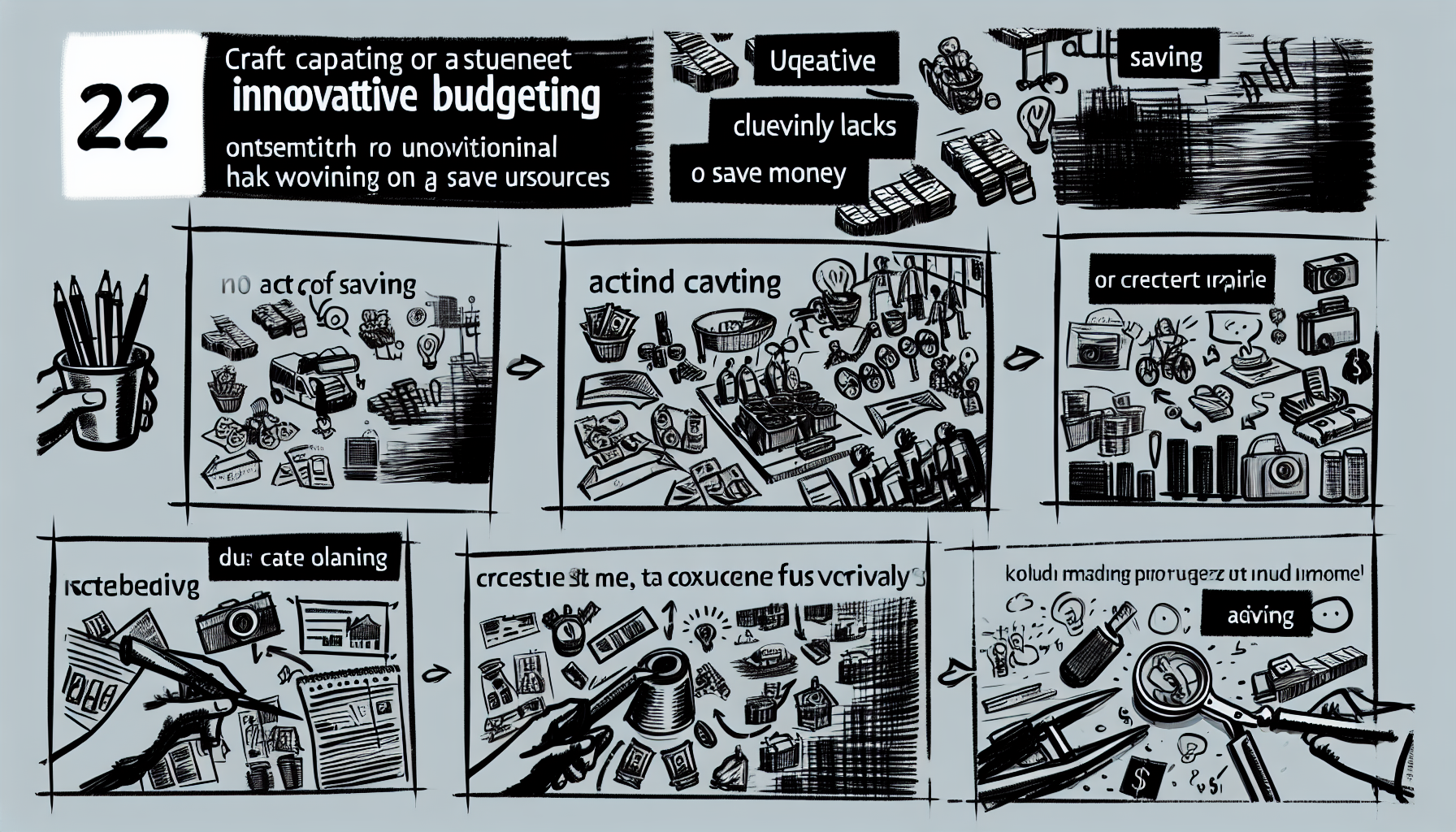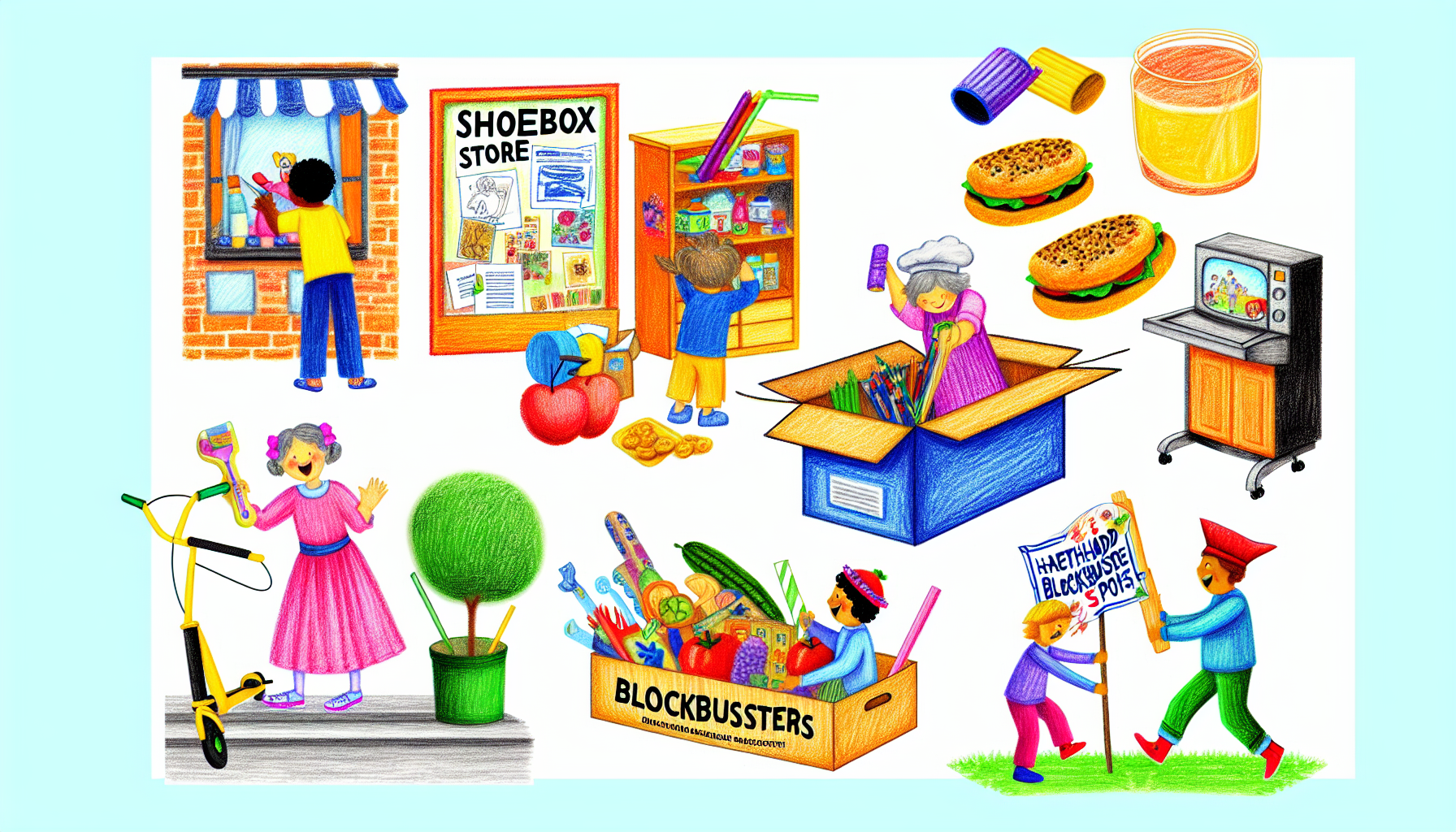Your Complete Guide to Managing Money in Today’s Economy
As we navigate through June 2025, the personal finance landscape continues to evolve with significant changes affecting everything from Social Security to retirement planning. Today’s economic environment presents both challenges and opportunities for individuals looking to improve their financial health. Here’s a comprehensive roundup of the most important personal finance and budgeting developments you need to know about right now.
1. Social Security Changes Could Impact Your Benefits Timeline
Recent developments at the Social Security Administration have raised concerns about potential payment delays. Employees at the Social Security Administration told USA Today that thousands of Americans could see delays or stopped checks as the agency undergoes significant changes and focuses on processing approximately 900,000 complicated cases this month.
The changes are largely in response to the Social Security Fairness Act, which has created additional administrative work for the agency. If you’re currently receiving benefits or planning to apply soon, it’s crucial to:
- Submit any changes or applications as early as possible
- Be prepared for potentially longer wait times
- Keep copies of all documentation
- Consider setting up direct deposit if you haven’t already to ensure faster payment processing
2. Gen Z’s Financial Mindset: A Wake-Up Call for Young Savers
A concerning trend has emerged among young adults who are feeling increasingly disillusioned about their economic prospects. A freewheeling attitude toward summer spending has taken root among young adults who feel financial “despair” and “hopelessness,” said Courtney Alev, a consumer financial advocate at Credit Karma.
However, financial experts stress that your late teens and early 20s are arguably the best time to develop healthy financial habits. Starting to invest now, even small amounts, can yield significant benefits through decades of compound interest. Young adults should focus on:
- Starting small: Even $25-50 per month can make a difference
- Automating savings: Set up automatic transfers to make saving effortless
- Taking advantage of employer matches: Free money from 401(k) matching is too good to pass up
- Building emergency funds: Start with $500 and work your way up
3. Retirement Account Balances: How Do You Stack Up?
Understanding where you stand compared to others in your age group can provide valuable context for your retirement planning. Fidelity’s latest retirement report offers a much-needed reality check: most people aren’t coasting into early retirement—they’re just trying to stay on track.
The report reveals that despite being in their prime earning years, many millennials are still catching up due to student debt, housing costs, and late career starts. The key takeaway? It’s never too late to start or increase your retirement contributions. Focus on:
- Maximizing employer matches
- Increasing contributions by 1% annually
- Taking advantage of catch-up contributions if you’re 50 or older
4. Inflation Update: What It Means for Your Budget
While inflation has moderated from its 2022 peaks, it remains a critical factor in personal finance planning. Trading Economics anticipate inflation rates between 2.4% and 2.9% between the end of 2024 and the start of 2026. The latest data shows the annual inflation rate at 2.1%, the lowest of 2025, though experts warn that various factors could push rates higher later in the year.
To protect your purchasing power:
- Review and adjust your budget quarterly to account for price changes
- Lock in fixed-rate loans while rates remain relatively stable
- Consider inflation-protected investments for long-term savings
- Negotiate bills and subscriptions to offset rising costs
5. Essential Budgeting Strategies for 2025
Creating and maintaining a budget remains the cornerstone of financial success. Budgeting is the cornerstone of financial stability and a critical tool for achieving your long-term goals, whether saving for a home, paying off debt, or building a retirement nest egg.
Here are the most effective budgeting approaches for 2025:
The 50/30/20 Rule Reimagined
- 50% for needs (housing, utilities, groceries)
- 30% for wants (entertainment, dining out)
- 20% for savings and debt repayment
Zero-Based Budgeting
Assign every dollar a purpose before the month begins, ensuring no money is wasted
Envelope System Goes Digital
Use budgeting apps to create virtual “envelopes” for different spending categories
6. Technology Tools Transforming Personal Finance
The best budgeting apps of 2025 are making financial management more accessible than ever. Top-rated apps now offer:
- Automated expense tracking that categorizes spending in real-time
- Investment tracking alongside budgeting features
- Goal-setting tools with visual progress indicators
- Bill negotiation services to reduce monthly expenses
- Financial education resources built into the platform
Popular options include apps that combine budgeting with net worth tracking, making them excellent tools for both short-term spending management and long-term wealth building.
7. Retirement Planning Gets a Major Update
The retirement landscape in 2025 includes several important changes. Social Security’s cost-of-living adjustment (COLA) boosts benefits in 2025 by 2.5 percent. The average retiree will see a $49 increase in their monthly payments, from $1,927 to $1,976.
Additionally, new opportunities for savers include:
- Enhanced catch-up contributions: Workers aged 60-63 can now contribute up to $34,750 to their 401(k) plans
- Roth matching options: Employers can now match contributions to Roth 401(k) accounts
- Lower Medicare Part D premiums: Average premiums are projected to drop to $40 monthly
- Prescription drug cost cap: A new $2,000 annual out-of-pocket limit for Medicare Part D
8. Smart Saving Strategies That Actually Work
Financial institutions are highlighting practical ways to boost savings in 2025. Key strategies include:
Automate Everything
- Set up automatic transfers to savings immediately after payday
- Use round-up features to save spare change
- Schedule bill payments to avoid late fees
Negotiate and Reduce
- Call service providers to negotiate lower rates
- Cancel unused subscriptions (average American has 4-5 forgotten subscriptions)
- Refinance high-interest debt while rates remain manageable
Maximize Free Money
- Take full advantage of employer 401(k) matches
- Use cashback credit cards responsibly
- Claim all available tax deductions and credits
9. Federal Employee Retirement Surge
More federal employees filed retirement papers with the Office of Personnel Management in May than in the last three months. OPM said it received more than 15,000 claims last month, driving the backlog up over 21,000. This trend highlights the importance of planning your retirement timing carefully, especially if you’re a federal employee.
10. Building Financial Resilience in Uncertain Times
As we face ongoing economic uncertainty, building financial resilience is more important than ever. Focus on:
- Emergency fund building: Aim for 3-6 months of expenses
- Debt reduction: Prioritize high-interest debt while making minimum payments on everything else
- Income diversification: Consider side hustles or passive income streams
- Continuous education: Stay informed about financial trends and opportunities
Taking Action: Your Personal Finance Checklist for June 2025
- Review your budget and adjust for current inflation rates
- Check your retirement contributions and increase if possible
- Audit your subscriptions and cancel unused services
- Negotiate at least one bill this month
- Set up automatic savings if you haven’t already
- Review your emergency fund and set a growth target
- Check your credit report for errors or issues
- Update beneficiaries on all accounts
- Research and download a budgeting app that fits your style
- Schedule a mid-year financial review to assess progress
Conclusion: Your Financial Future Starts Today
The personal finance landscape in 2025 presents both challenges and opportunities. While concerns about Social Security delays, inflation, and economic uncertainty are valid, the fundamentals of good financial management remain unchanged: budget wisely, save consistently, invest for the long term, and stay informed about changes that affect your money.
Remember, you don’t need to implement every strategy at once. Start with one or two changes that resonate with you, build momentum, and gradually expand your financial management skills. Whether you’re part of Gen Z questioning the value of saving or a near-retiree maximizing your final working years, the key is to take action today.
Your financial journey is unique, but you’re not alone. Use the resources available, from budgeting apps to financial advisors, and remember that every small step forward is progress toward a more secure financial future.






















Leave a Reply